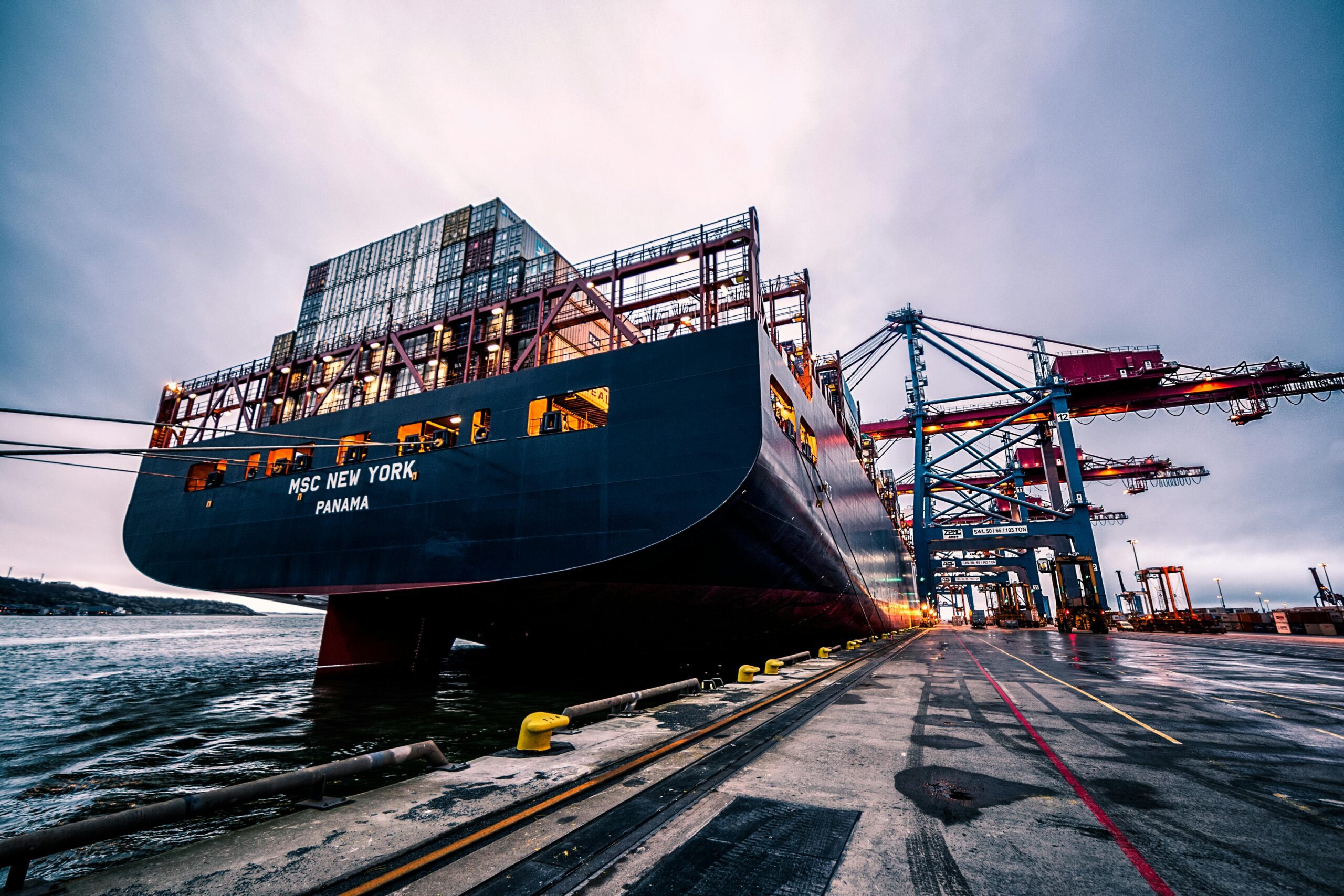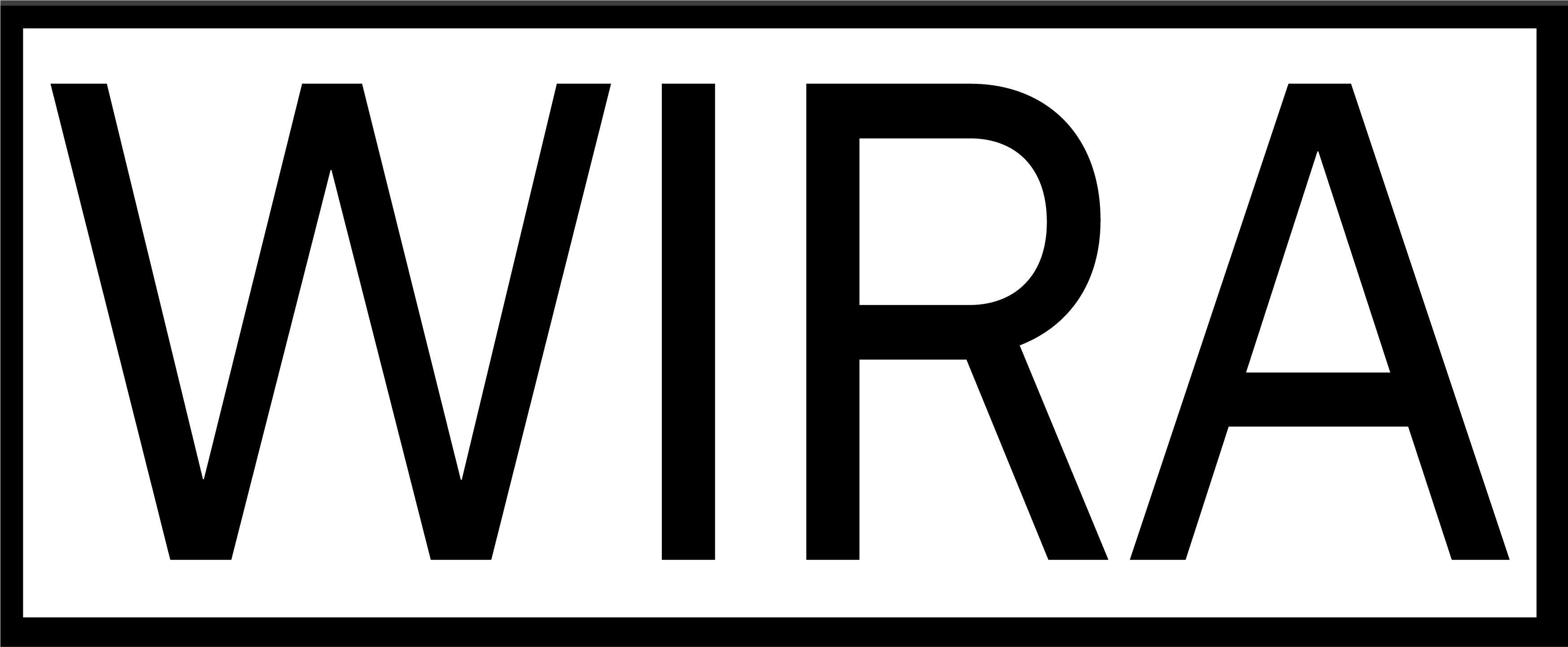How Trump’s tariffs indirectly affect WIRA
Supply chain effects
Indirect cost risks due to customs duties for suppliers.
Competitive dynamics
Possible shift in the competitive situation.
Risks & measures
Global uncertainty; WIRA reacts proactively.

Impact on Competition
Although WIRA has no direct customers or suppliers in the U.S., the company may still be indirectly affected, as WIRA's suppliers may source raw materials or components from the U.S. or from companies doing business with the U.S.
Increased tariffs can lead to higher prices for these raw materials, which in turn drives up WIRA's production costs.
Impact on Competition
The tariffs can also influence competition. If U.S. companies are forced to raise prices due to the tariffs, European companies like WIRA could become more competitive.
On the other hand, U.S. companies might try to sell their products in alternative markets, which could increase competitive pressure on WIRA.
Global Economic Uncertainty
The tariffs have contributed to global economic uncertainty. This uncertainty can negatively impact investments and economic growth, which in turn may reduce the demand for WIRA's products.
Possible Countermeasures
WIRA is already taking several steps to mitigate the impact of the tariffs, including:
Conclusion
Even though WIRA Fahrzeug- und Maschinenteile GmbH has no direct business relations with the U.S., the company is not immune to the effects of Trump's tariffs. The tariffs may indirectly impact the supply chain, competition, and the global economy. However, WIRA is actively taking measures to counter these effects.

